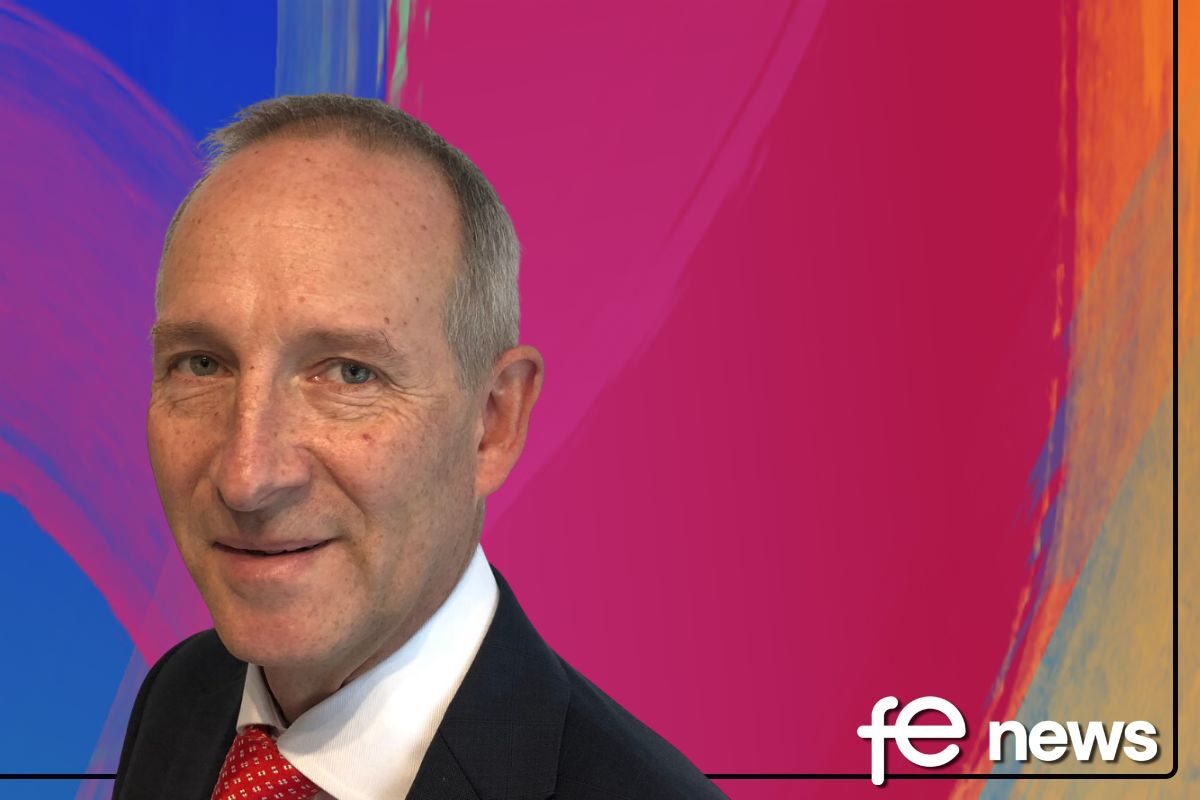Shaping science citizens in the age of climate change

Young people today need to be prepared to apply scientific thinking skills to everyday decisions. In this article, Dave Leach discusses how the new Programme for International Student Assessment Framework will help.
It has never been more important for science education to create young people who can apply their scientific literacy to issues of everyday life such as health, environment, and the physical world.
At Oxford University Press, we recently unveiled the new Programme for International Student Assessment (PISA) 2025 Science Framework, delivered by us, for the Organisation for Economic Cooperation and Development (OECD).
PISA assessments are key for evaluating the quality and efficiency of our education systems; since 2000, it has involved more than 90 countries and around 3 million students worldwide. In 2025, PISA focusses on Science and our Framework will guide that assessment.
Assessing students on their ability to use scientific skills to analyse data and evidence, PISA will examine to what extent science education inspires action towards sustainability and protecting the environment, and how, ultimately, we are shaping “science citizens” for the future.
I have worked on many editions of PISA before alongside groups of academics and practitioners who are experts in their field, but this one was a particular challenge.
We were tasked with describing ‘Science’ against an increasingly uncertain backdrop; a rapidly evolving global pandemic, a climate emergency accelerating with young people protesting strongly against existing policies and attitudes, and a media environment where misinformation can be given equal representation as scientific fact.
The Framework for 2025 is so much broader than the first one I worked on for the 2015 test and reminds me how difficult life can be for 15-year-old children, with world challenges falling on their shoulders.
The future of science education
To celebrate the launch of the Science Framework, we held a fascinating panel discussion on the future of science education.
One of the panellists, Jonathan Osborne, Emeritus Professor at Stanford University and Chair of the PISA Science Expert Group, highlighted the importance of celebrating awe and wonder through science education:
“I don’t think we should lose sight of the fact that actually one of the core missions of science education is to introduce students to ideas that are simply transformative…. the idea that you live on a tiny planet circulating a star, which is part of thousands of millions of stars, of which there are many more thousands of these, that is simply awesome.”
However, in order to foster a love of the subject, we need to make it relevant to everyone in the face of an increasing need for science education in our daily lives.
Underpinning the Framework, the OECD and OUP published the ‘Agency in the Anthropocene’ paper which set out a new focus on education for sustainability and environmental action for PISA. This is a subject that we, and young people around the world, think is so significant.
Peta White, Associate Professor in Environmental Education at Deakin University, who chaired our Environmental Sciences Expert Group, emphasised this point:
“I think the school strike for climate was a clear demonstration that our young people have a very strong desire to know what’s going on in their world.”
Andreas Schleicher, Director for Education and Skills at the OECD, also described the importance of data from each PISA assessment process, which shows the link between science education and the readiness to take action on subjects such as climate change:
“We could see that young people who lacked a scientific understanding often had a quite naive scientific optimism that ‘Some politician is going to come along and solve all of this. I don’t need to change my behaviour.’ Students with a deeper scientific understanding are much more realistic and much more engaged.”
The PISA Framework is just that; a framework. But we hope that, teachers, policy-makers, researchers, and all those interested in science education can use it to help move the conversation forward and shape a future generation of science citizens.
As Katherine Blundell, Professor of Astrophysics at Oxford University, said:
“I think the key word is supporting teachers and helping them and giving them things along the path that make it easier for them to do the job that they need to do.”
Looking forward
As for what’s next, the Framework will be used by the OECD and their partners to create the assessments taken by 15-year-olds in over 90 countries in 2025. The results which follow will provide invaluable insights around how our education systems can better equip young people for their future study, careers, and the inevitable challenges they will have to address.
Beyond this, the results and data from the PISA assessment will be used to drive policy change for the future, helping education ministries identify areas of improvement. At OUP, we look forward to seeing the outcomes and impact this will have long-term, and we remain committed to supporting learners navigate this complex landscape. Watch this space!
By Dave Leach, Director of Global Assessments at Oxford University Press
FE News on the go…
Welcome to FE News on the go, the podcast that delivers exclusive articles from the world of further education straight to your ears.
We are experimenting with Artificial Intelligence to make our exclusive articles even more accessible while also automating the process for our team of project managers.
In each episode, our thought leaders and sector influencers will delve into the most pressing issues facing the FE sector, offering their insights and analysis on the latest news, trends, and developments.











Responses